Native Cornflower seeds can be found in a number of our wildflower mixtures including Cornfield Annuals and Pollinator Mix.
If you’re considering adding Cornflowers to your garden borders? Here are some things to note:
When should I sow native Cornflower seeds?
Cornflowers can be propagated by sowing seeds directly into the garden soil in autumn or spring, or by starting them in seedling pots and then planting out when there is no longer a risk of frost.
How tall do Cornflowers grow?
Cornflowers typically grow to a height of 30 to 90 cm, depending on the variety and growing conditions.
Do Cornflowers attract wildlife?
Cornflowers produce open-faced blooms which provide a suitable habitat for butterflies and bees to land and access nectar. Their seeds are a food source for birds, and the dense foliage of Cornflowers can provide shelter and hiding spots for small insects and spiders.
Are Cornflowers edible?
Yes, Cornflowers are edible, and their petals are sometimes used to add colour to salads or desserts. Cornflower tea is rich in various nutrients such as flavonoids, vitamins, and minerals and is often taken for its anti-inflammatory and antioxidant properties.
When do Cornflowers bloom?
Cornflowers typically bloom in late spring to early summer. The flowering period can vary based on the climate and specific growing conditions.
Can Cornflowers tolerate cold weather?
Cornflowers are hardy plants that can tolerate cooler temperatures. They can withstand light frosts, making them suitable for early spring planting.
Do Cornflowers come back every year?
Cornflowers are annual plants, meaning they complete their life cycle within one growing season. However, they often self-seed, allowing them to come back each year if conditions are favourable.
What growing conditions do Cornflowers prefer?
Cornflowers can tolerate poor soil conditions and prefer well-draining sites in full sun or part shade.
Can I cut Cornflowers for bouquets?
Yes, Cornflowers make excellent cut flowers for bouquets. Cutting the flowers regularly can also encourage more blooms.
Are Cornflowers invasive?
Cornflowers are not considered highly invasive, but they can self-seed readily. To control their spread, deadhead the flowers before they go to seed if you want to limit volunteer plants.
Native Cornflower seeds fast facts:
Flowers: June to August.
Sow: August to September for early flowers the following summer.
Lifecycle: annual herb, germinating in the autumn/winter.
Best for: sunny borders or meadows on sandy loam soils.
Also known as: bluebottle and bachelor’s buttons.

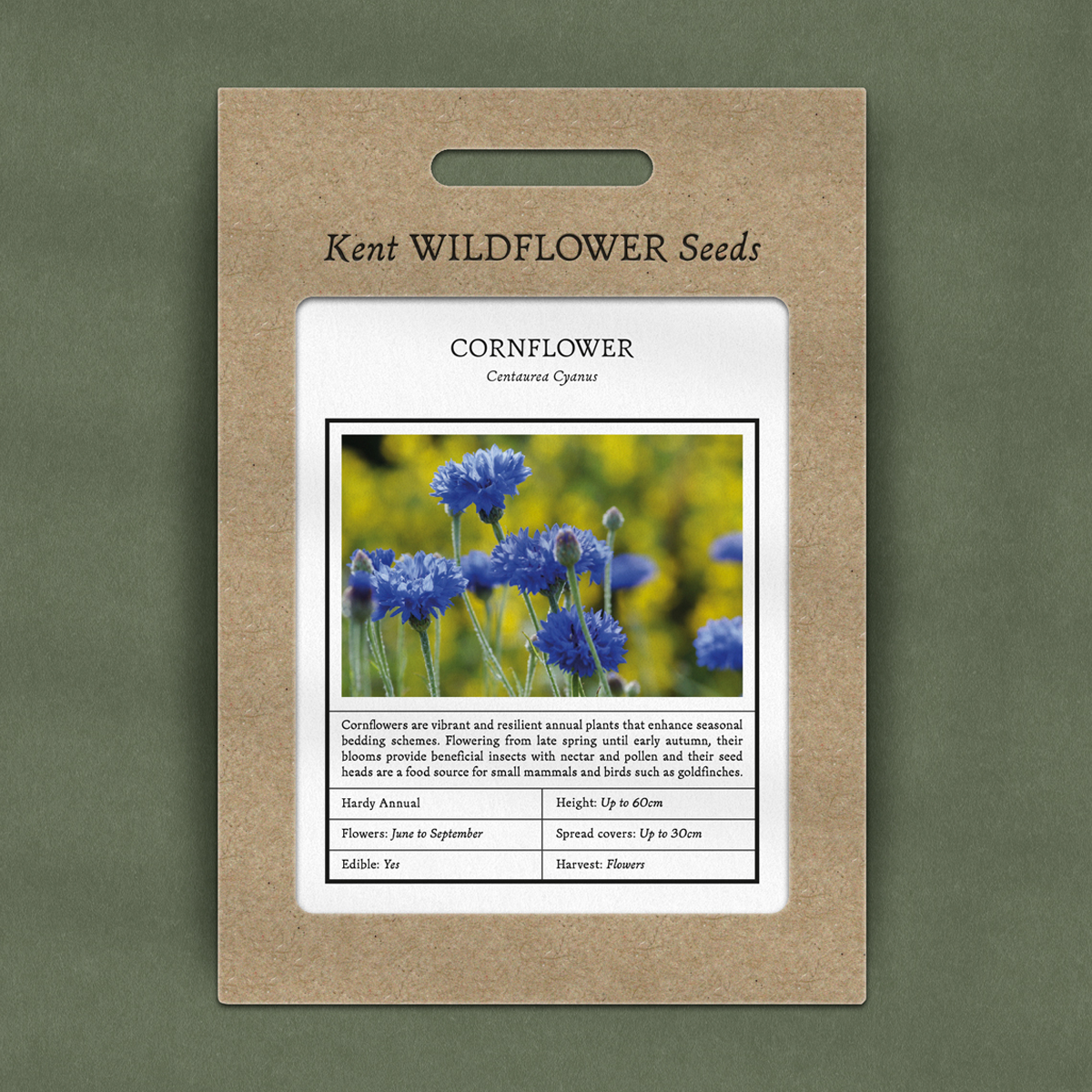
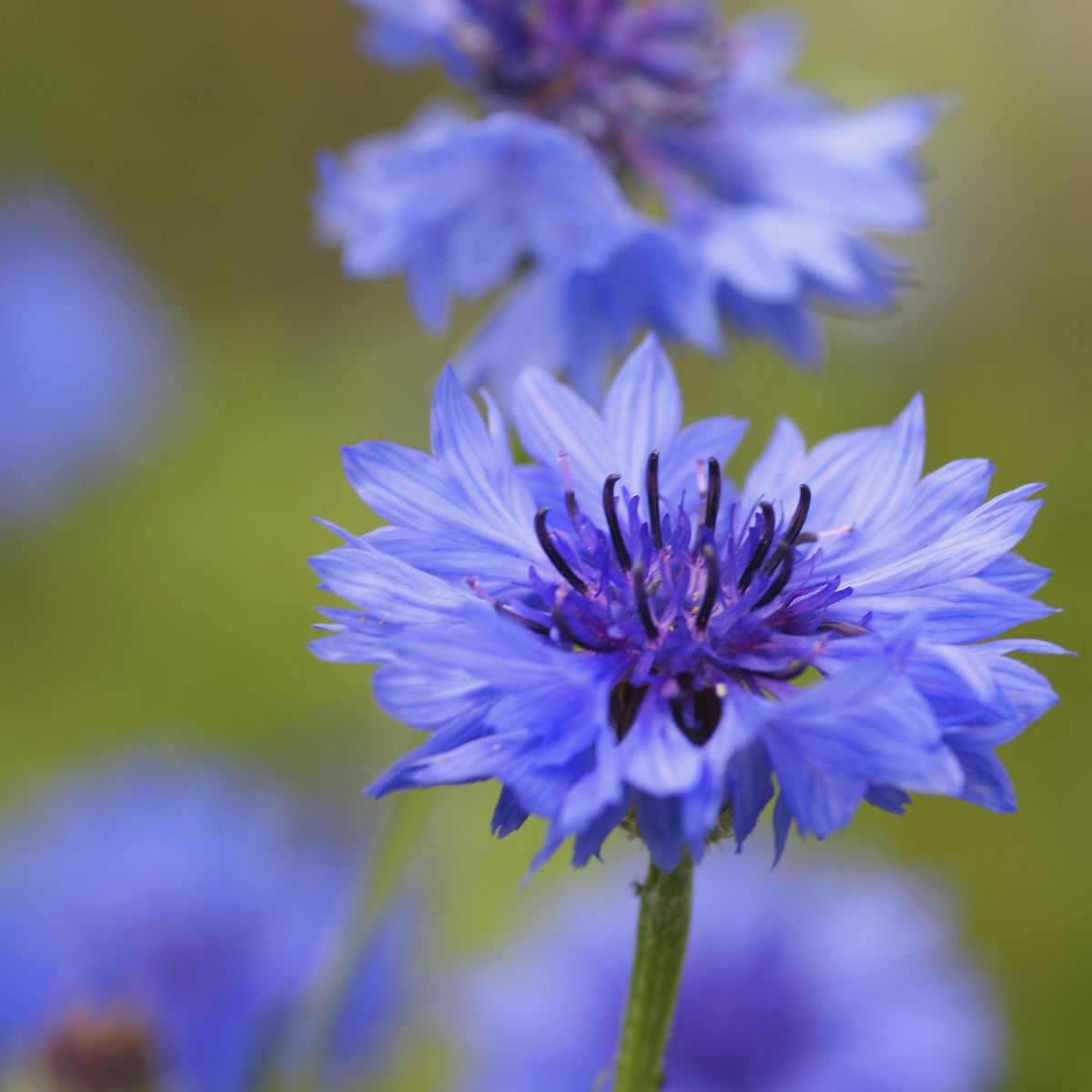

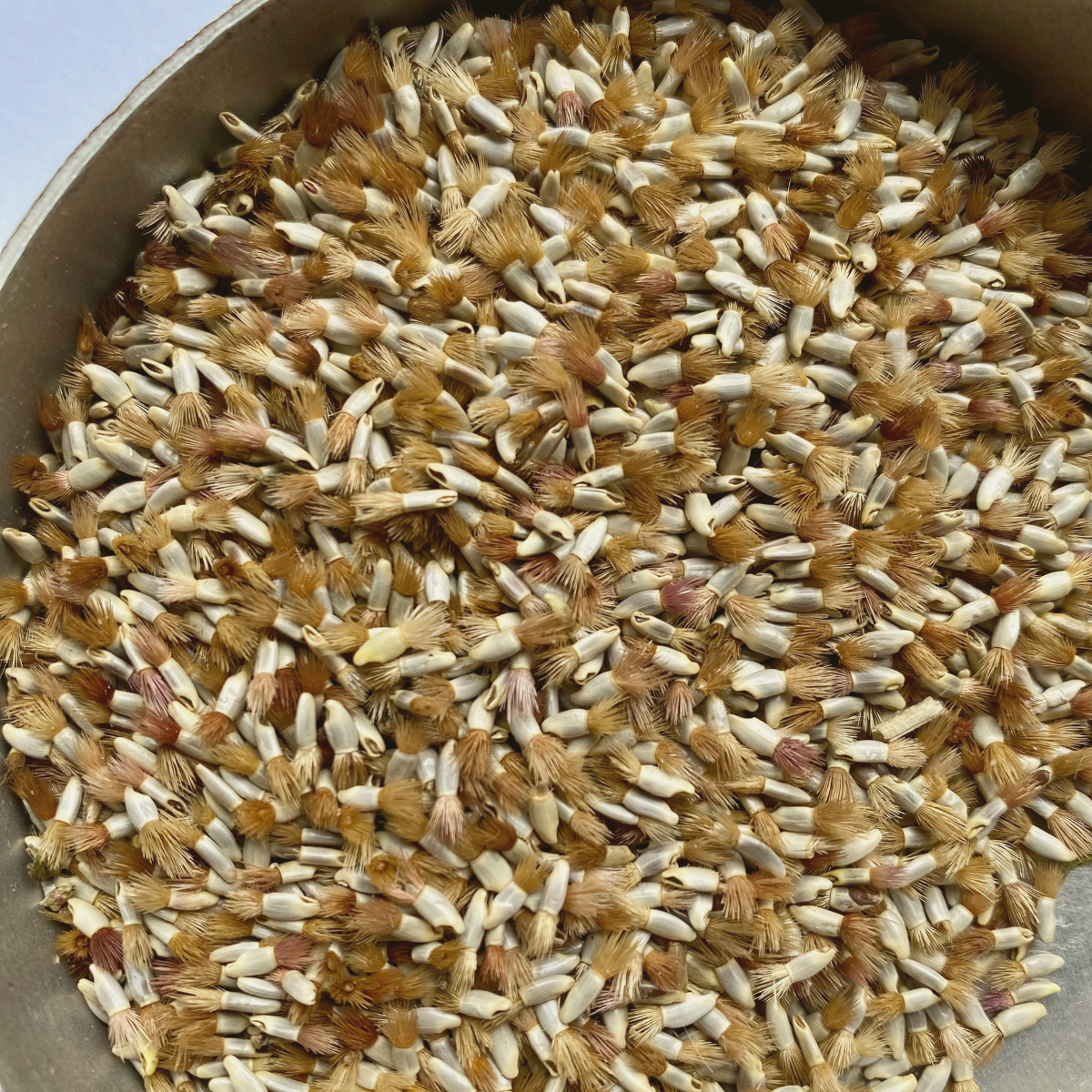
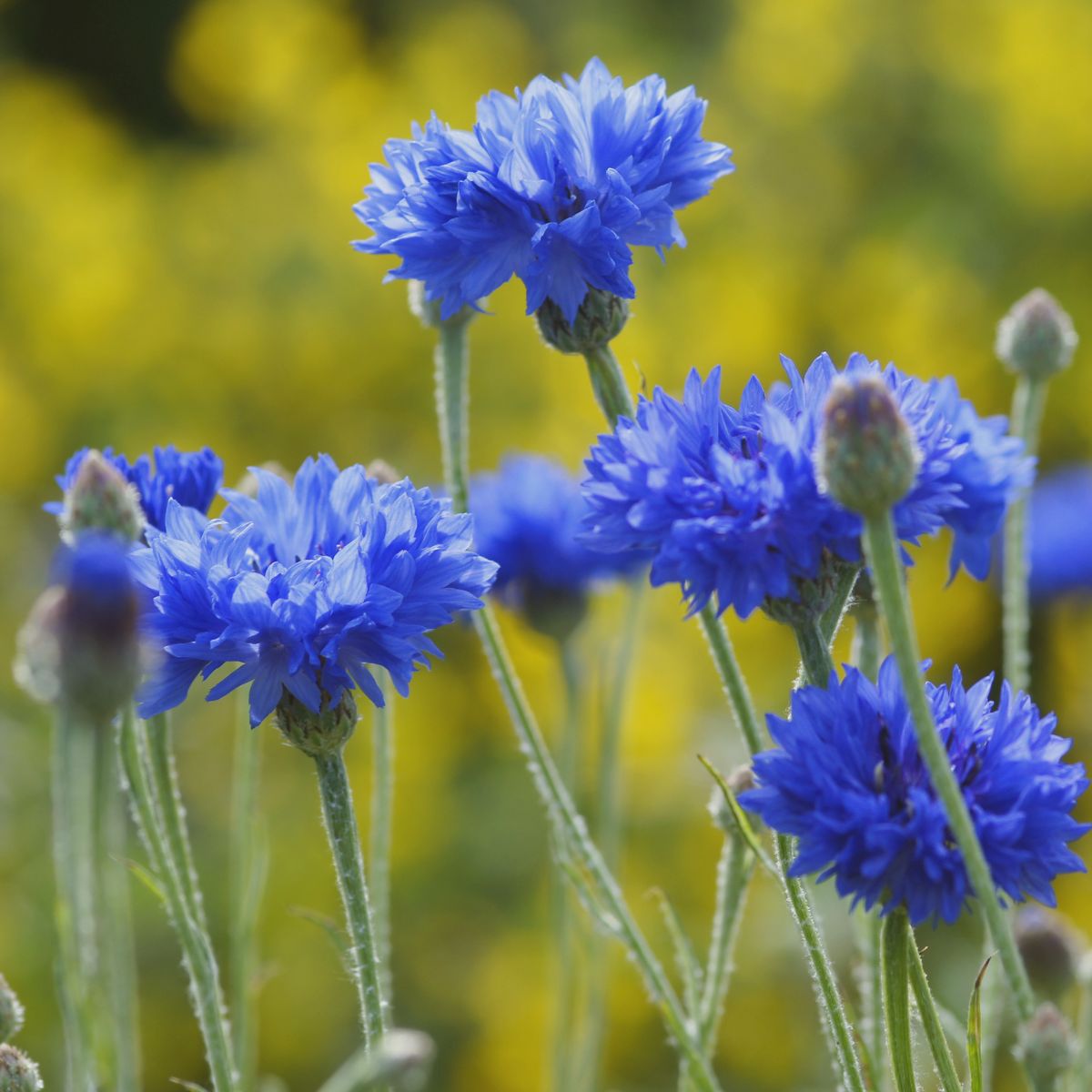
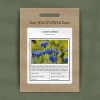
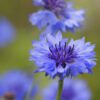

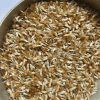
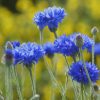
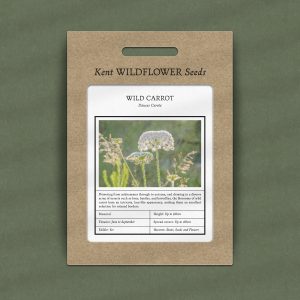
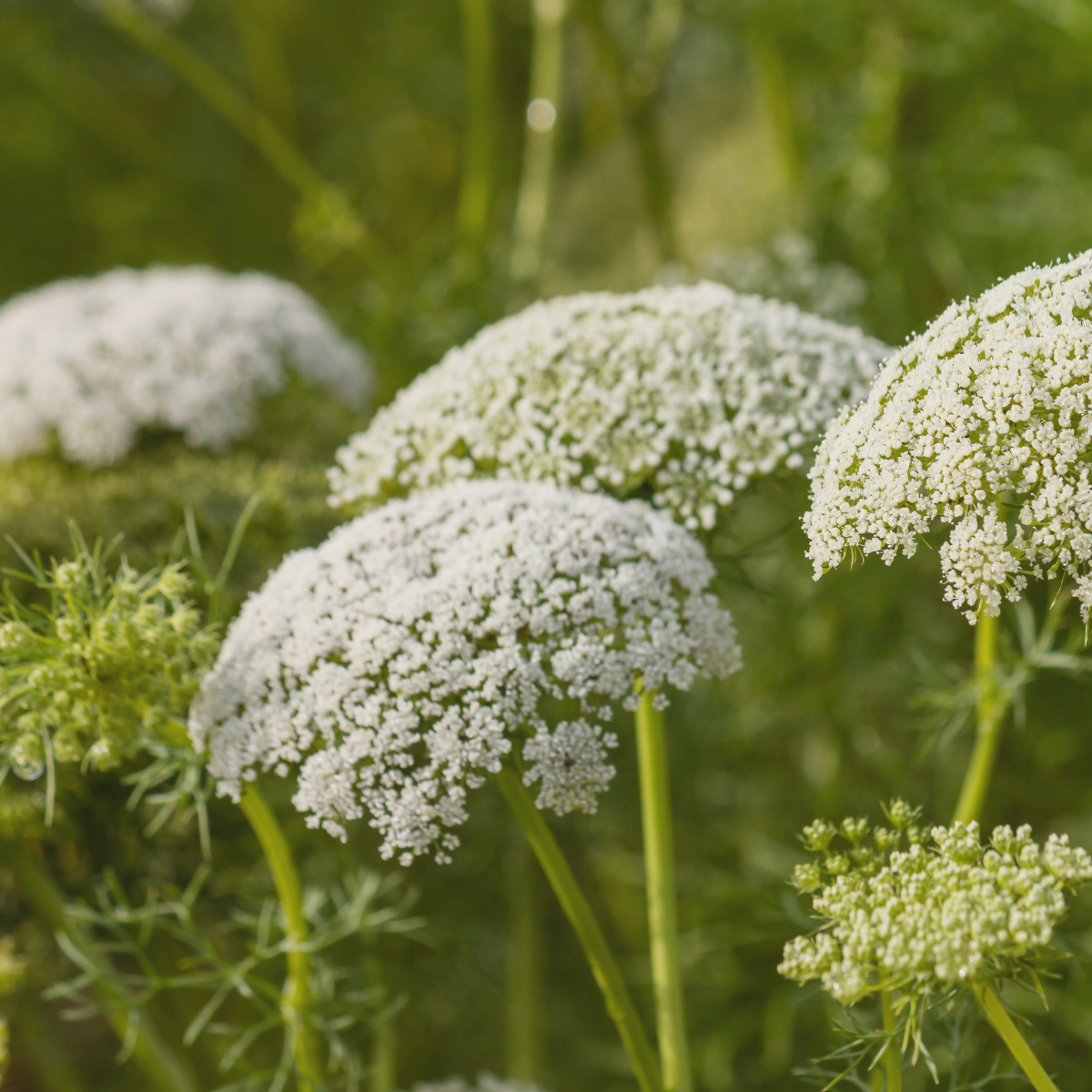
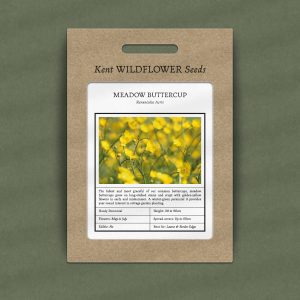
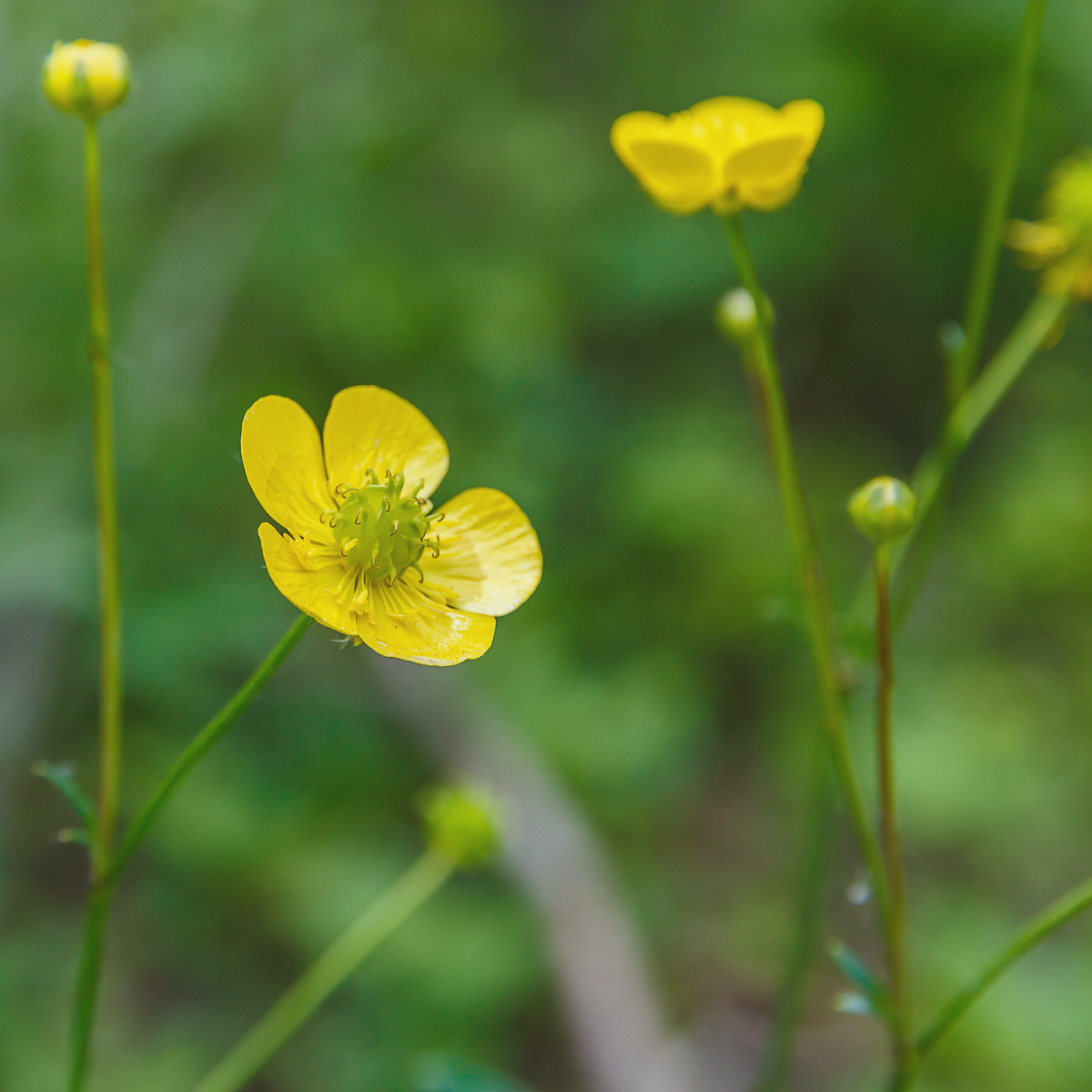
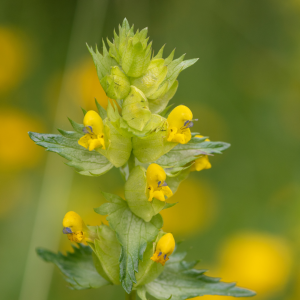
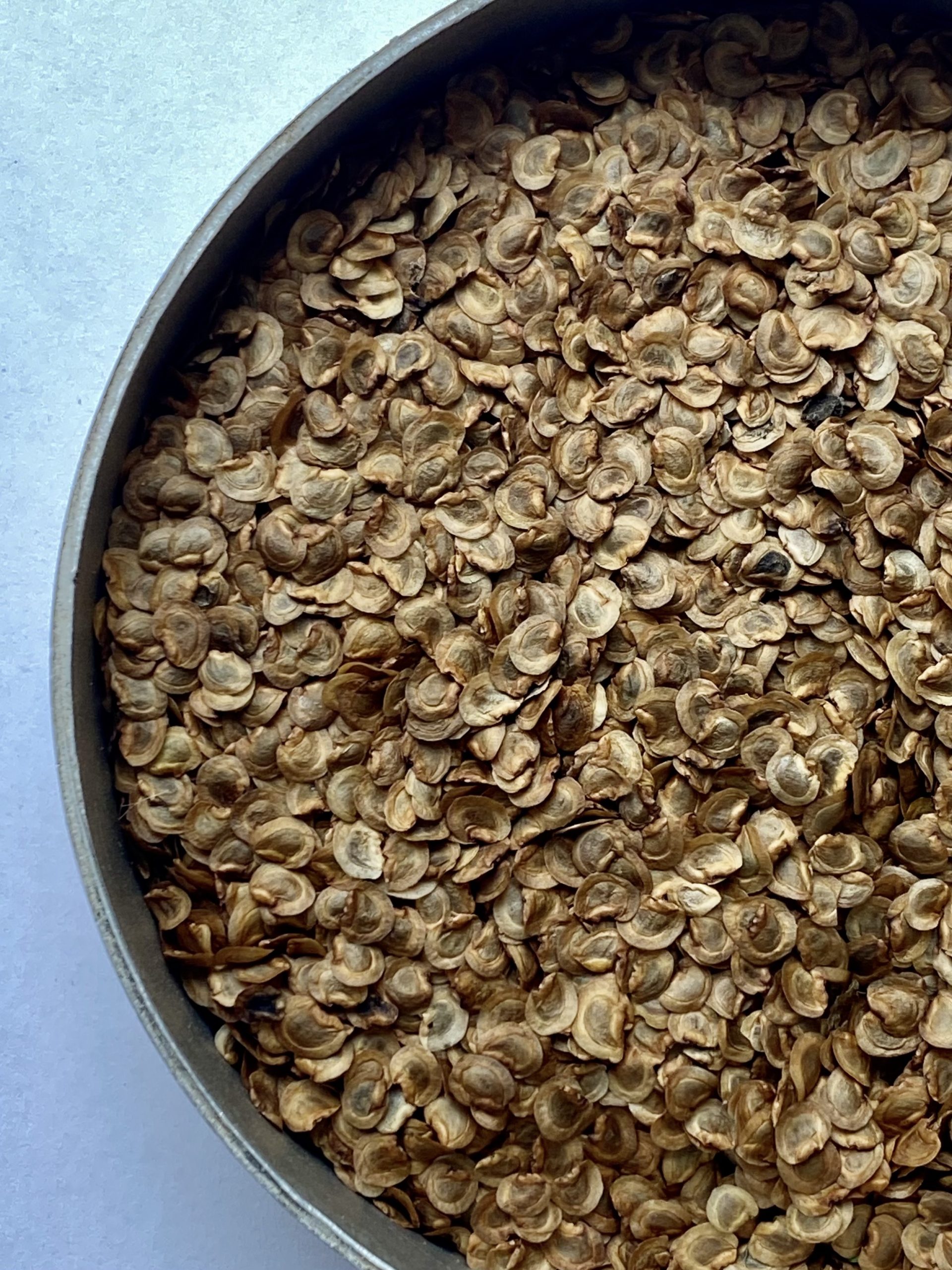
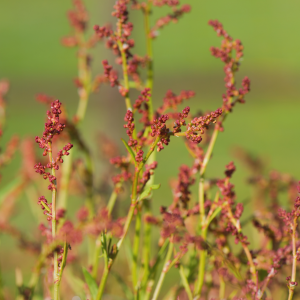
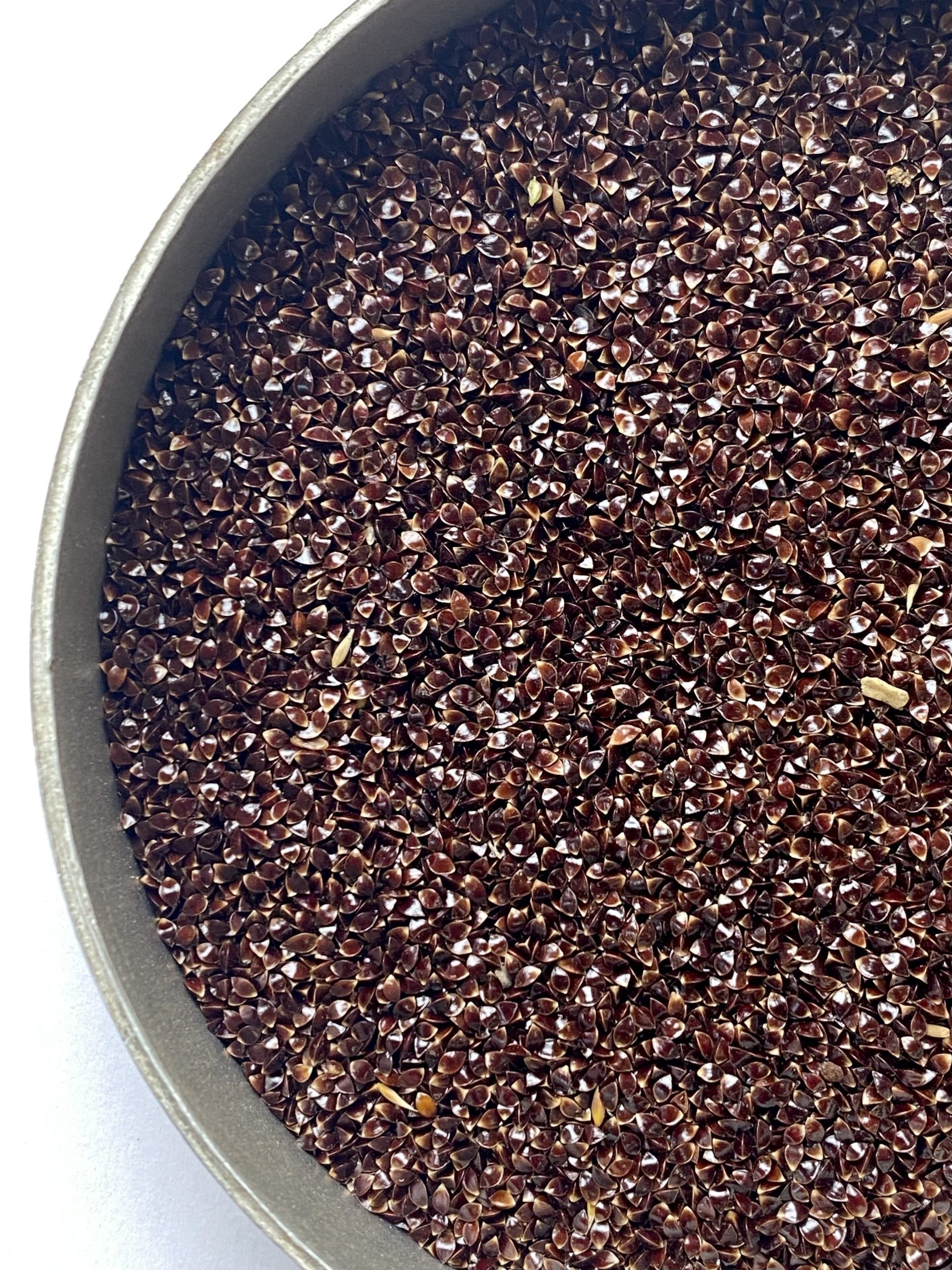
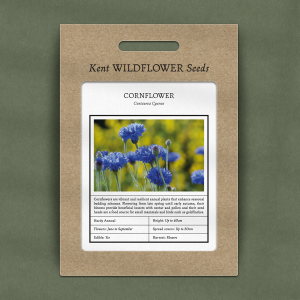
Reviews
There are no reviews yet.